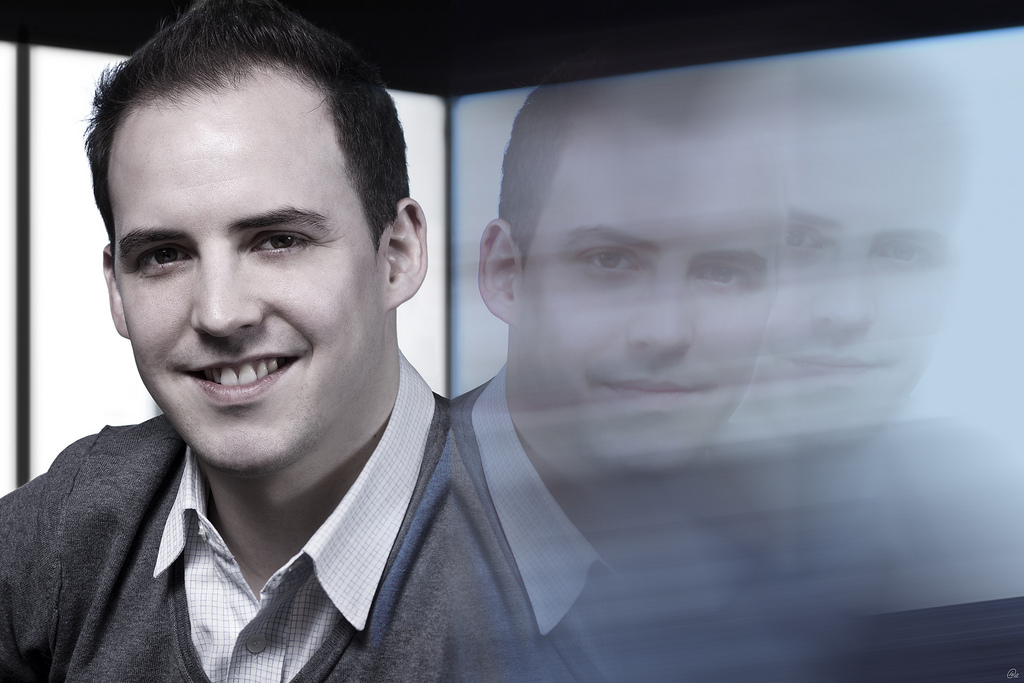Past research studies have shown that people more often trust others that look like themselves. There’s a new twist, though, on trustworthiness. It’s been discovered that once you find someone trustworthy, no matter the looks, you then begin to perceive that person as similar to yourself.
Researchers at Royal Holloway, University of London did an experiment in which study participants were shown photographs with different percentages of their faces morphed with two other people. Each one was asked whether the photo contained more of their face or the faces of the others. Then a participant played a bargaining game with both of the other people. Trust was reciprocated with one and betrayed by the other. The image morph task as before was conducted again, and researchers say that the volunteers judged the trustworthy player to be more physically similar than the one who betrayed them.
“Recent studies show that when a person looks similar to ourselves, we automatically believe they are trustworthy,” said researcher Harry Farmer in a press release. “Here we show for the first time that the reverse is also true. When a person is shown to be more trustworthy, it can lead us to perceive that person as looking more similar to ourselves.”
The researchers say that the findings have social relationship considerations.
“It may be that our experience of facial similarity tracks information about genetic relatedness,” said study co-author Ryan McKay. “If so, our results suggest that evidence of trust in others also serves as a cue to kinship.”
I guess this helps explain why long-term couples start to look like each other over time.
(photo credit: LeonArts.at via photopin cc)

